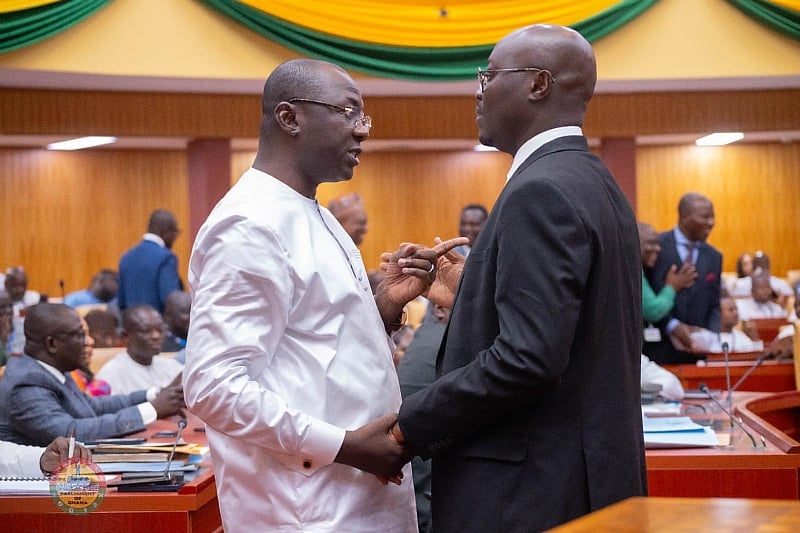Former Finance Minister Dr. Mohammed Amin Adam has launched a scathing critique of the government’s proposed Energy Sector Levies (Amendment) Bill, 2025, arguing that it robs Ghanaians of the expected economic relief from the appreciating cedi.
Addressing Parliament on Thursday, June 5, Dr. Amin Adam described the GH¢1 levy on petroleum products as a measure that contradicts the very gains the government claims to have made in stabilizing the economy.
“What crime have the people of Ghana committed to deserve this? The cedi is appreciating, which should lead to lower fuel prices, yet the government is introducing a levy to take back that relief,” he said.
He dismissed the new fuel tax as both “punitive and unnecessary,” warning that its introduction sends conflicting messages to the public and investors. Rather than easing the cost of living, he said the levy cancels out any benefits consumers might gain from a stronger local currency.
“We are all celebrating the cedi’s appreciation and rightly so. But what is the point of celebrating if it doesn’t translate into reduced prices at the pump?” he asked. “This is not responsible governance.”
The controversial bill, introduced by Finance Minister Dr. Cassiel Ato Forson under a certificate of urgency, seeks to increase the Energy Sector Shortfall and Debt Repayment Levy. The government insists the revenue is crucial for addressing arrears in the energy sector and improving financial stability across the power supply chain.
According to the Ministry of Finance, proceeds from the levy will help settle long-standing debts, boost liquidity, and ensure consistent electricity supply.
The bill has been forwarded to Parliament’s Finance Committee for review.
Still, critics like Dr. Amin Adam argue that, while stabilizing the energy sector is important, the decision to impose an additional levy at a time when the economy is just beginning to stabilize could alienate already burdened citizens and erode public trust.
He contends that economic progress should bring tangible relief to Ghanaians, not added financial strain.
As public expectations grow for lower fuel costs in line with a strengthening cedi, the government now faces mounting calls to justify a policy that many fear will worsen the cost of living rather than ease it.


